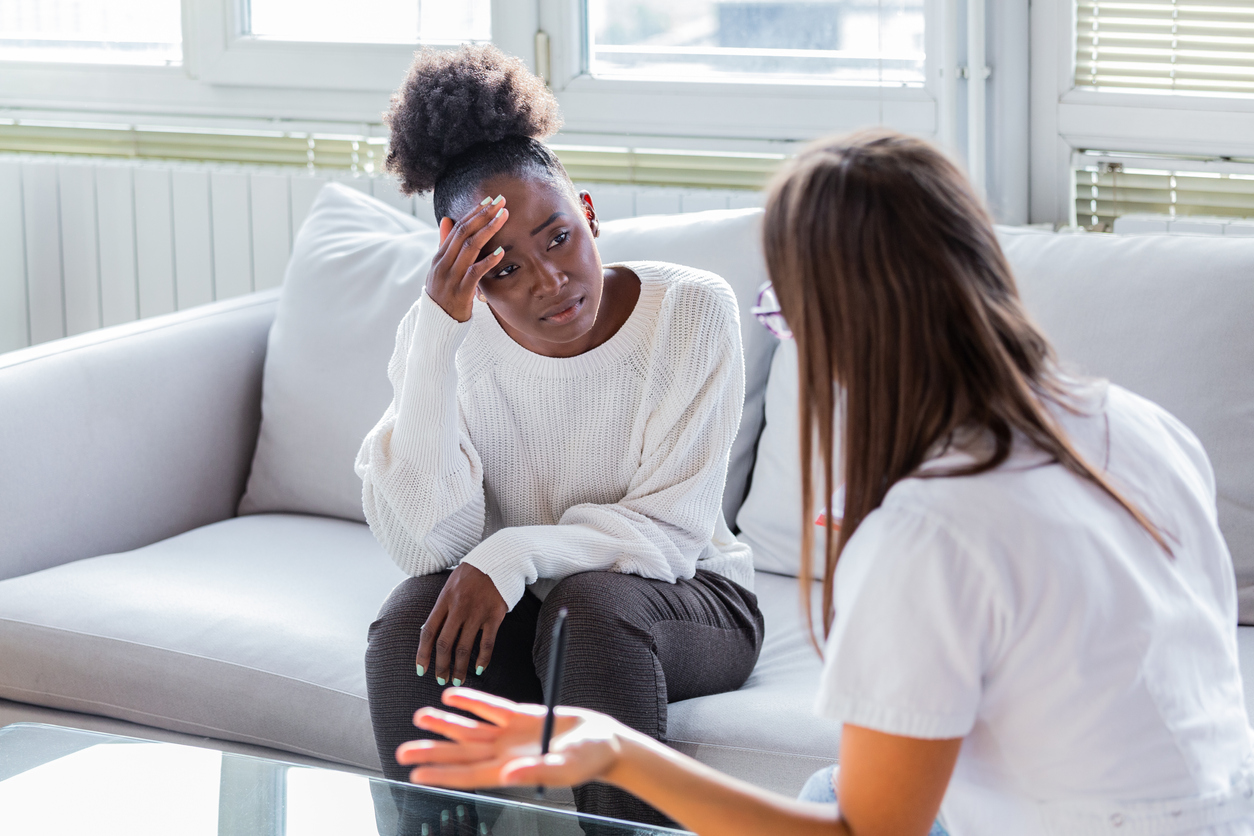
Interview with Kelsey Hegarty, Professor Family Violence Prevention, The University of Melbourne and The Royal Women's Hospital and lead author of this Cochrane Review.
Tell us about this Cochrane review…
Domestic violence (physical, emotional, sexual abuse and controlling behaviour by a partner or ex‐partner) is common worldwide and causes long‐lasting emotional and physical health problems. Psychological therapies (counselling by trained people) may improve women's mental health and enable them to focus on making safety plans, accessing resources for themselves and their children, and ultimately to escape the domestic violence.
We searched scientific literature worldwide up to the end of October 2019 for trials comparing a group of female domestic violence survivors who received psychological therapy with those who did not, to understand whether such therapies are safe and effective.
What did you find out?
We found evidence that psychological therapies probably reduce depression and may reduce anxiety symptoms for women who have experienced domestic violence (six to 12 months after the therapy). Psychological therapies do not appear to cause any harm. However, we are uncertain whether psychological therapies improve self‐efficacy, mental health, quality of life, social support, uptake of healthcare and domestic violence services, safety planning or reduce post‐traumatic stress disorder and re‐exposure to any form of domestic violence.
Overall, there is a need for more trials with consistent outcomes at similar follow‐up time points as we were unable to combine much of the research to give an overall picture.
Thus, while women experiencing domestic violence may be helped by psychological therapies to improve their emotional health, which may in turn help their ongoing needs of safety, support and holistic healing from complex trauma, we are uncertain whether psychological therapies improve these aspects of their live
During the COVID-19 pandemic and resulting movement restrictions an upsurge in domestic violence has been reported. What can this review tell us about treatment for women who have experienced intimate partner violence during this time?
Access to help is a real issue during the COVID pandemic for both domestic violence and mental health issues. This review tells us that psychological therapies are likely to improve depression and anxiety symptoms. Some of these therapies are being offered online or through telehealth during COVID so may assist women experiencing IPV. However, their partner may be monitoring their use of technology and it may not be safe for them to receive this help.
Given the world-wide rise in violence against women during the pandemic, how can this review help decision makers facing decisions about where to invest resources? And help clinicians decide the best course of action?
This review reassures decision makers that psychological therapies help women with their emotional health, however currently there is no evidence that it assists with safety issues or healing in a broader sense. Therefore, investment in resources that address these issues as an integrated package would be helpful. Clinicians should be aware of ensuring they know how to address safety in addition to offering therapy.
How can this review help women who have experienced intimate partner violence who want to seek out help?
Women who feel as if their emotional health is something that they want help with can be reassured that in the context of IPV psychological therapies may assist them to feel better. This in turn may help them to take action on a pathway to safety and healing. However, more research is needed as there were limited studies to draw on.

